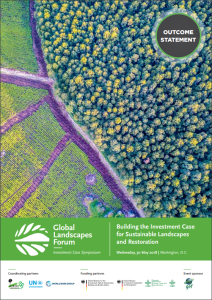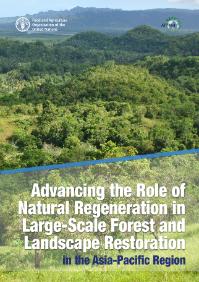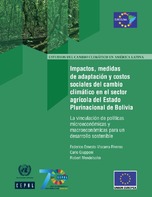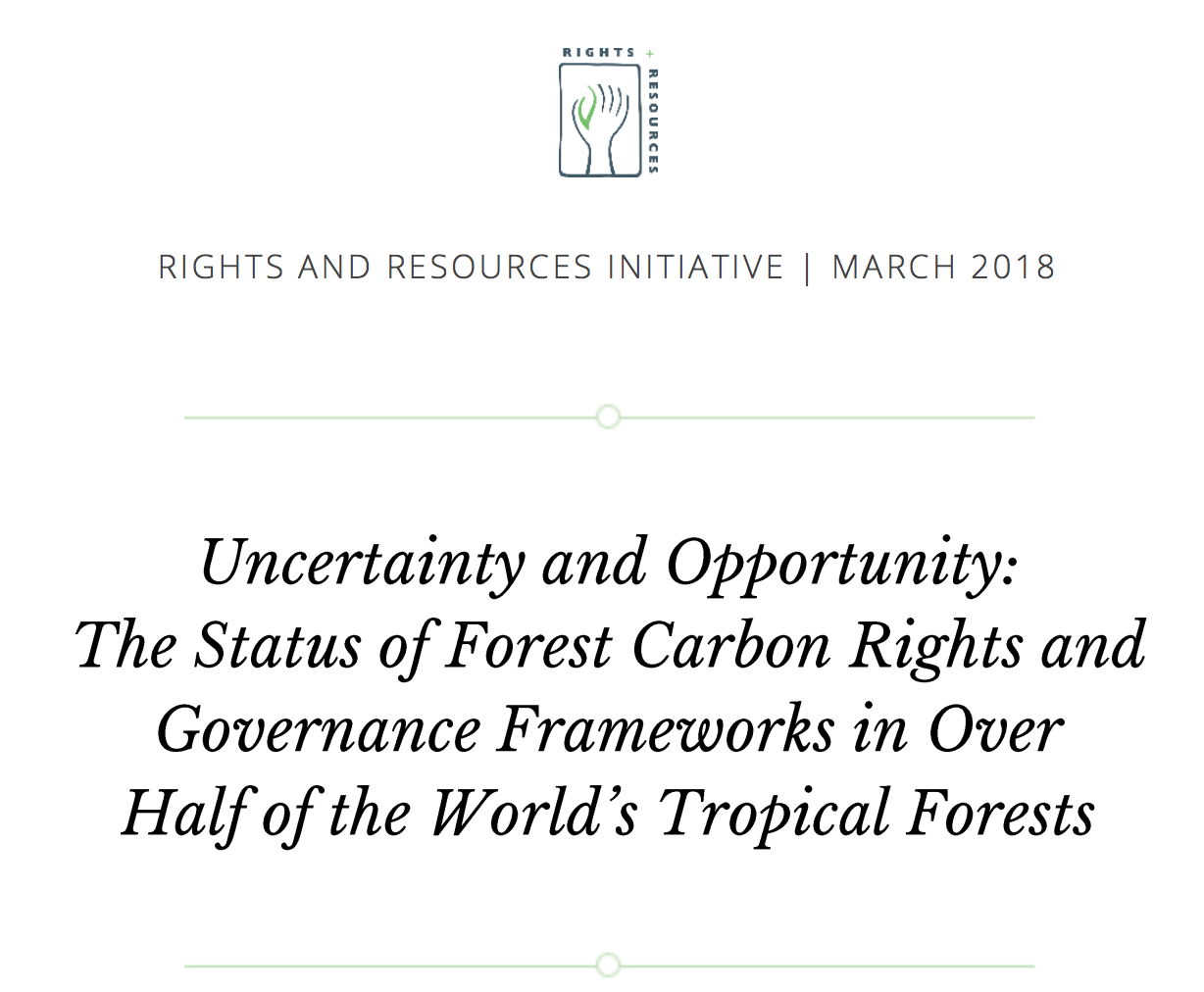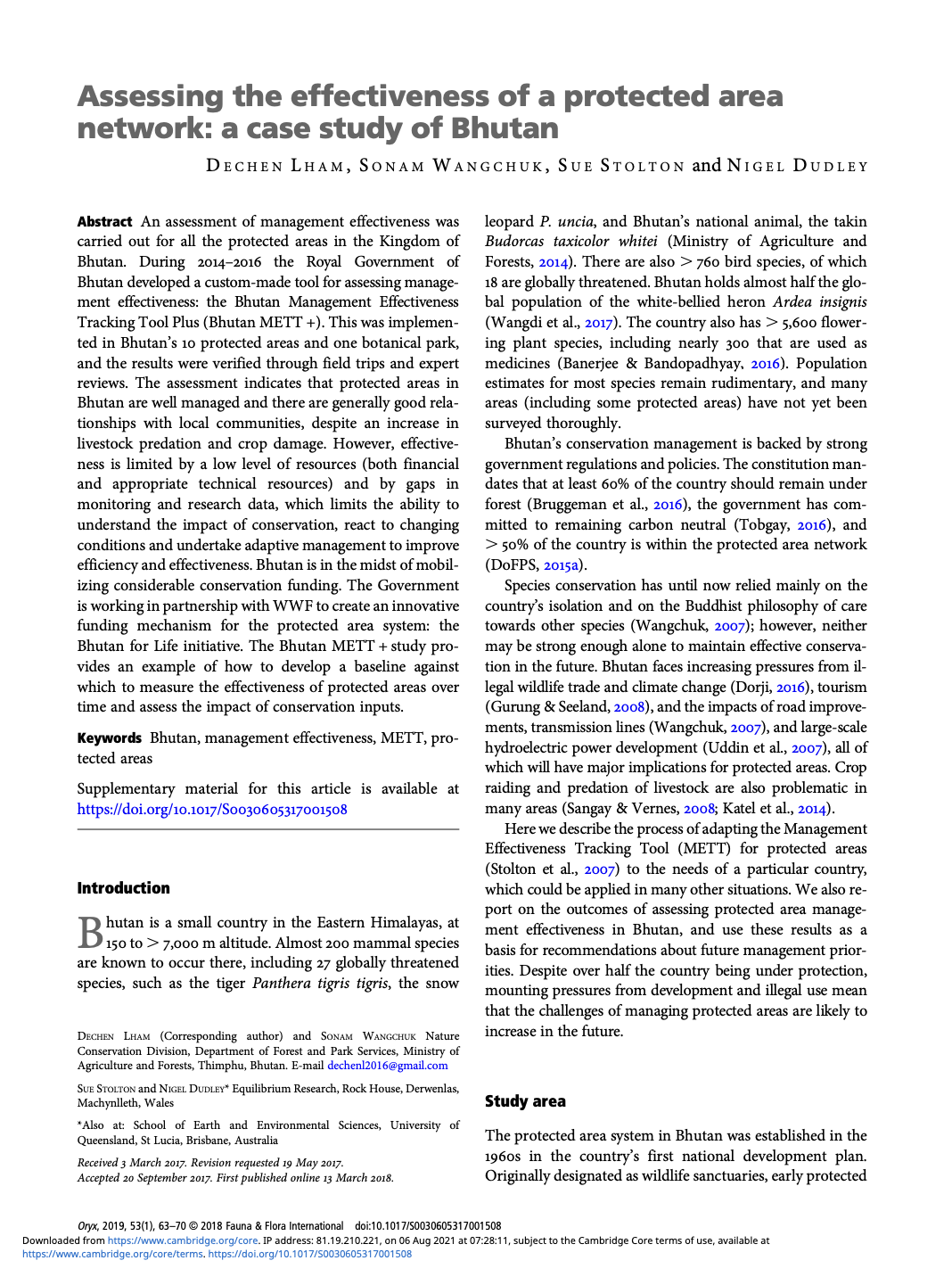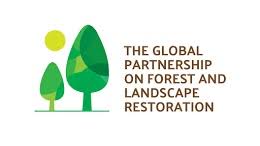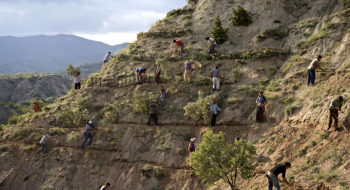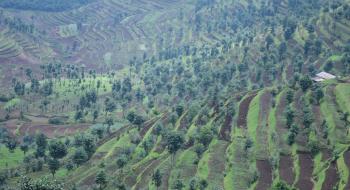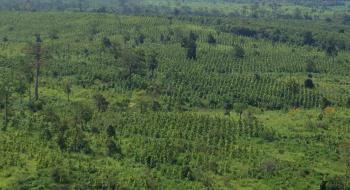Outcome Statement of the 2018 Global Landscapes Forum Investment Case
Building on previous finance-focused Global Landscapes Forum events held in London in 2015 and 2016, the GLF 2018 Investment Case Symposium continued the multi-stakeholder conversation around sustainable financial solutions at landscape level.
The third GLF Investment Case was held on May 30, 2018 at the International Finance Corporation in Washington DC.

